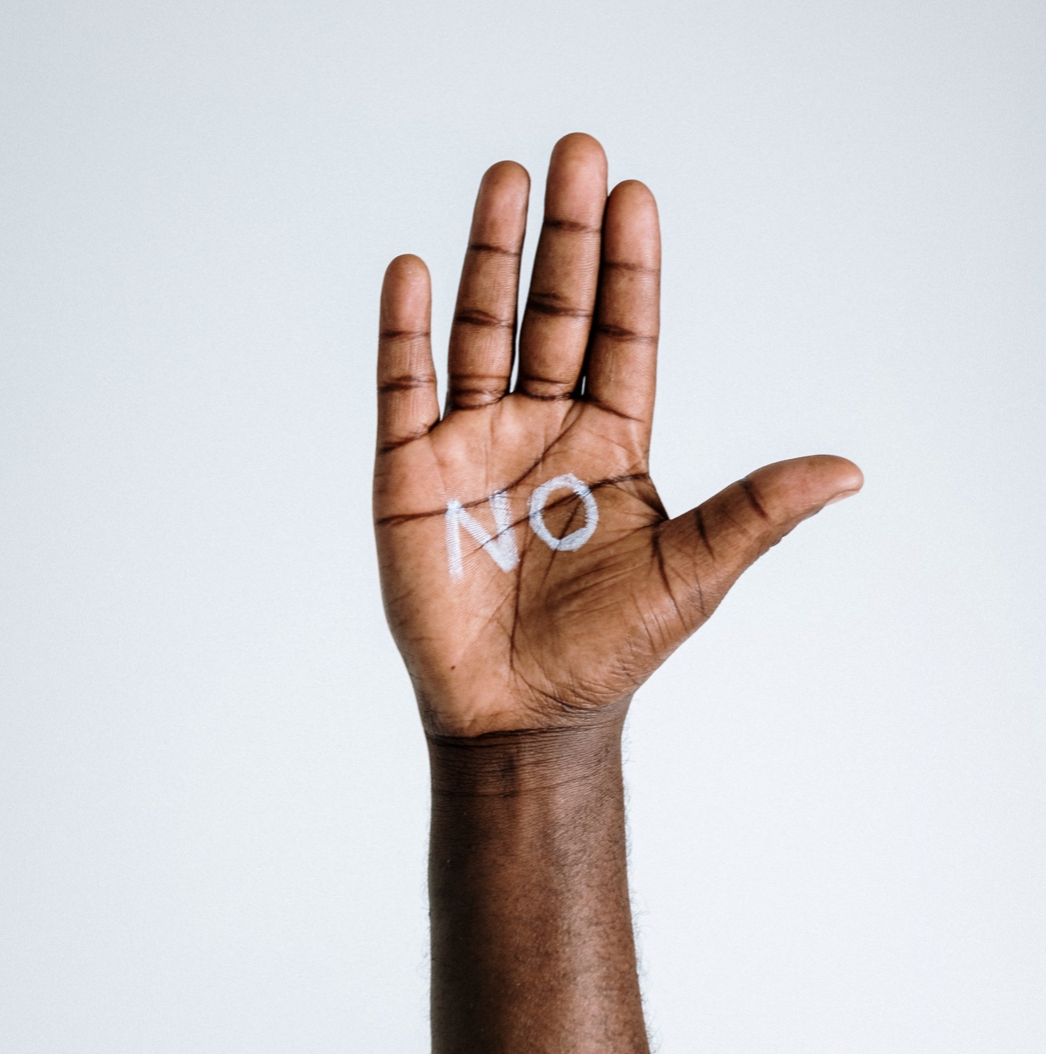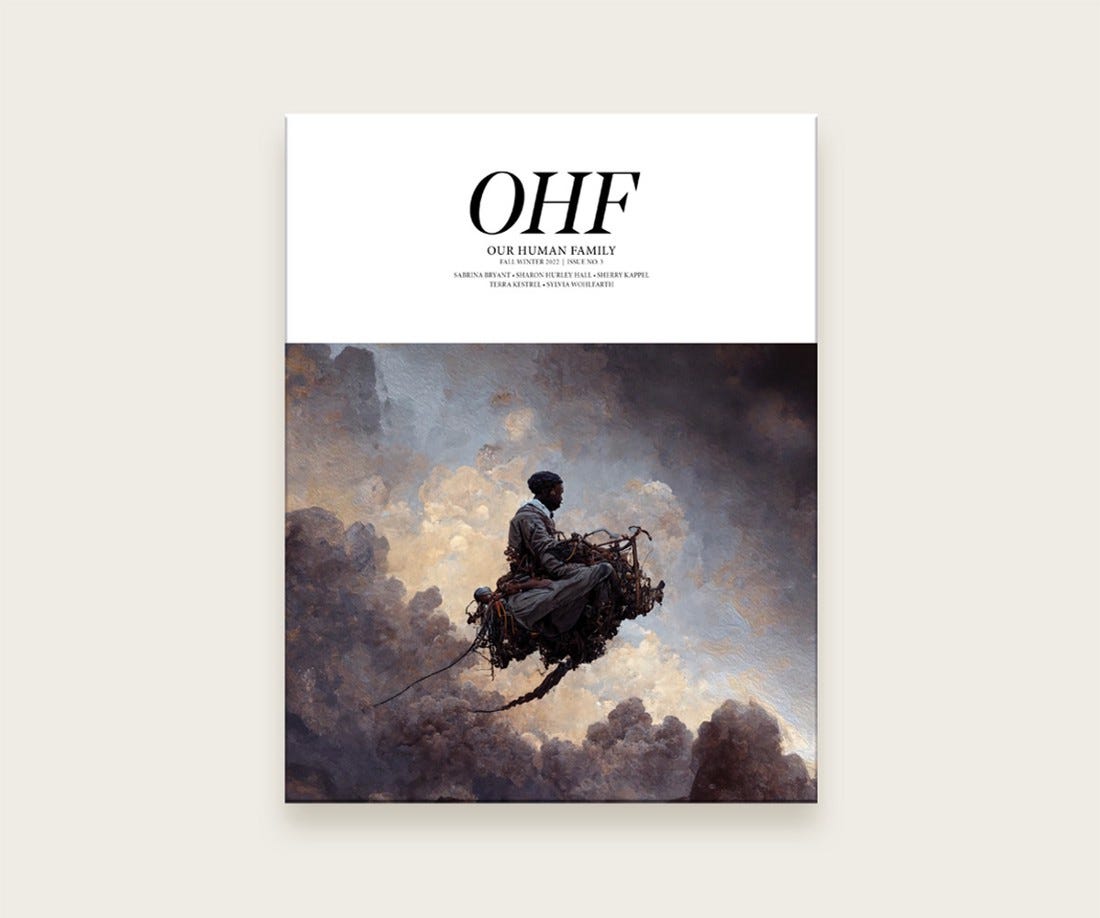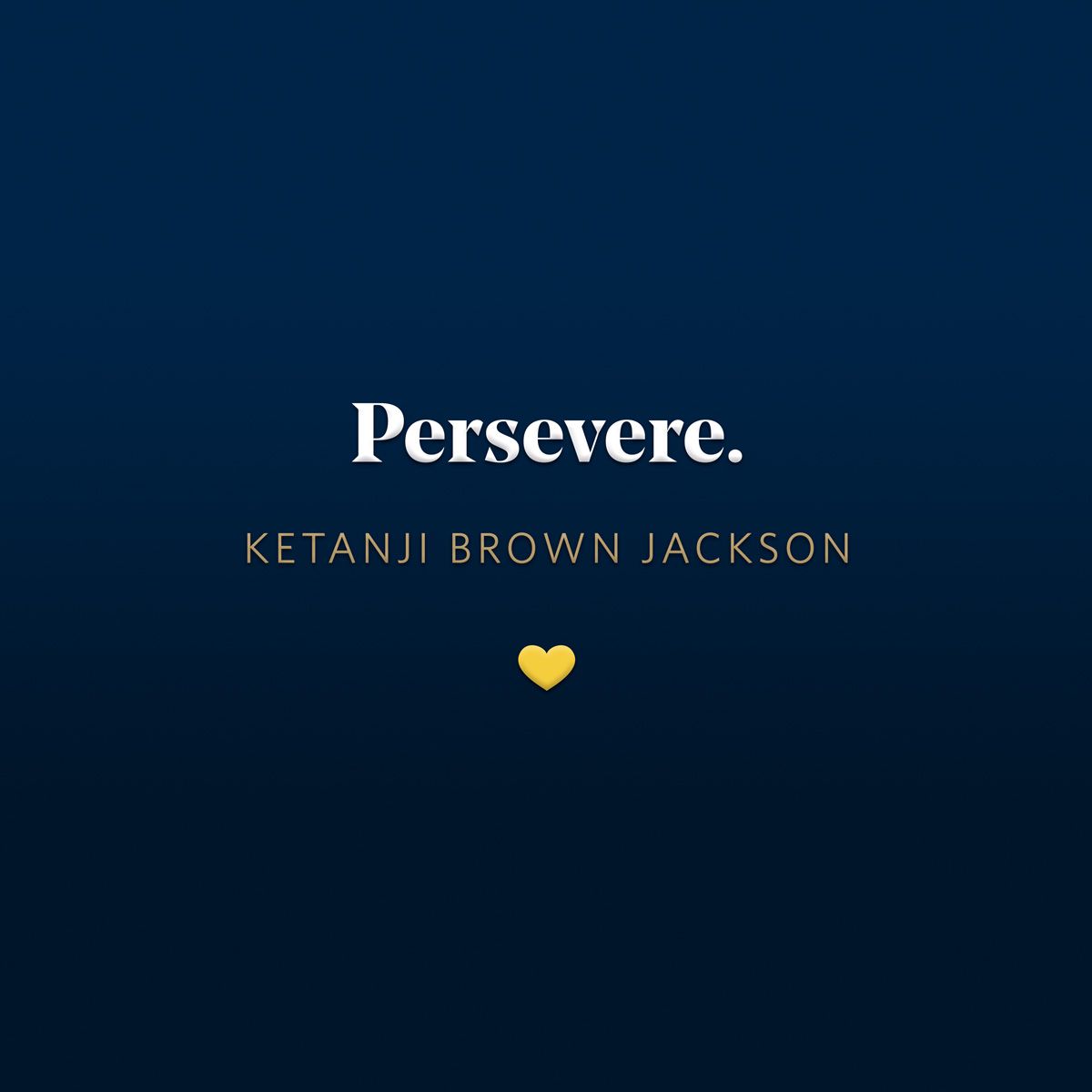OHF Weekly - The Appropriation of “Rest in Power”
|
Older messages
Writing Prompt: Should Auld Acquaintance Be Forgot?
Monday, December 5, 2022
We're inviting writers to look back over 2022 and tell us about one, two, or three of the following . . . OHF WEEKLY Writing Prompt: Should Auld Acquaintance Be Forgot? By The OHF Weekly Editors –
When There’s Skin in the Game
Sunday, December 4, 2022
VOLUME 4 NUMBER 48: One of the main reasons Black, Indigenous, and People of Color are skeptical of allyship is because we have seen that plot line played out too many times, and rarely does it vary.
Thank You!
Wednesday, November 30, 2022
A heartfelt update about our 2022 Giving Tuesday fundraiser. OHF WEEKLY Thank You for Your Support! By Clay Rivers – 30 Nov 2022 – View online → 💛 Hey Reader, To our much-beloved donors, thank you for
Giving Tuesday 2022
Monday, November 28, 2022
Please consider participating this global generosity movement with a tax-deductible donation to support OHF Weekly and Our Human Family. OHF WEEKLY Giving Tuesday 2022 By The OHF Weekly Editors – 25
The Thanksgiving Issue
Saturday, November 26, 2022
VOLUME 4 NUMBER 47: The problems with fairy tale versions of American history, Giving Tuesday + OHF, Cyber Monday deal on OHF Magazine, and a quote by Lena Horne. OHF WEEKLY The Thanksgiving Issue By
You Might Also Like
Dads, You Can Get in the Best Shape of Your Life With This Workout Program
Monday, March 10, 2025
View in Browser Men's Health SHOP MVP EXCLUSIVES SUBSCRIBE Dads, You Can Get in the Best Shape of Your Life With This Workout Program Dads, You Can Get in the Best Shape of Your Life With This
Meghann Fahy’s Master Plan
Monday, March 10, 2025
Today in style, self, culture, and power. The Cut March 10, 2025 CUT COVERS Meghann Fahy's Master Plan After breaking out on TV, Fahy stars in a big-screen thriller this April. She won't
EmRata Flaunted Pelvic Bone Cleavage, Aka "Pelvage," In The Tiniest Skirt
Monday, March 10, 2025
Plus, your love life this week, your daily horoscope, and more. Mar. 10, 2025 Bustle Daily Chet Hanks EXCLUSIVE Chet Hanks Has The Last Laugh It's easy to make assumptions about Chet Hanks, namely
The 20 best cookbooks of spring
Monday, March 10, 2025
NYC steakhouse sues Texas over attempted “Texts Strip” rebranding.
(sorry)
Monday, March 10, 2025
now with the link this time ͏ ͏ ͏ ͏ ͏ ͏ ͏ ͏ ͏ ͏ ͏ ͏ ͏ ͏ ͏ ͏ ͏ ͏ ͏ ͏ ͏ ͏ ͏ ͏ ͏ ͏ ͏ ͏ ͏ ͏ ͏ ͏ ͏ ͏ ͏ ͏ ͏ ͏ ͏ ͏ ͏ ͏ ͏ ͏ ͏ ͏ ͏ ͏ ͏ ͏ ͏ ͏ ͏ ͏ ͏ ͏ ͏ ͏ ͏ ͏ ͏ ͏ ͏ ͏ ͏ ͏ ͏ ͏ ͏ ͏ ͏ ͏ ͏ ͏ ͏ ͏ ͏ ͏ ͏ ͏ ͏ ͏ ͏ ͏ ͏ ͏ ͏
an equinox stretch
Monday, March 10, 2025
everything you need for Wednesday's workshop ͏ ͏ ͏ ͏ ͏ ͏ ͏ ͏ ͏ ͏ ͏ ͏ ͏ ͏ ͏ ͏ ͏ ͏ ͏ ͏ ͏ ͏ ͏ ͏ ͏ ͏ ͏ ͏ ͏ ͏ ͏ ͏ ͏ ͏ ͏ ͏ ͏ ͏ ͏ ͏ ͏ ͏ ͏ ͏ ͏ ͏ ͏ ͏ ͏ ͏ ͏ ͏ ͏ ͏ ͏ ͏ ͏ ͏ ͏ ͏ ͏ ͏ ͏ ͏ ͏ ͏ ͏ ͏ ͏ ͏ ͏ ͏ ͏ ͏ ͏ ͏
9 Strange Tax Deductions You Might Actually Qualify For
Monday, March 10, 2025
Easiest Ways to Spot an Unpaid Tolls Scam Text. Good news: The IRS might allow you to deduct all those gambling losses. Not displaying correctly? View this newsletter online. TODAY'S FEATURED STORY
Maybe You Fund The People Who *Will Start* Families
Monday, March 10, 2025
At best, the DOT's new funding priorities get causation wrong ͏ ͏ ͏ ͏ ͏ ͏ ͏ ͏ ͏ ͏ ͏ ͏ ͏ ͏ ͏ ͏ ͏ ͏ ͏ ͏ ͏ ͏ ͏ ͏ ͏ ͏ ͏ ͏ ͏ ͏ ͏ ͏ ͏ ͏ ͏ ͏ ͏ ͏ ͏ ͏ ͏ ͏ ͏ ͏ ͏ ͏ ͏ ͏ ͏ ͏ ͏ ͏ ͏ ͏ ͏ ͏ ͏ ͏ ͏ ͏ ͏ ͏ ͏ ͏ ͏ ͏ ͏ ͏
“In this Poem, We Will Not Glorify Sunrise” by Sarah Freligh
Monday, March 10, 2025
nor admire the apples that blossom / during a February heat wave ͏ ͏ ͏ ͏ ͏ ͏ ͏ ͏ ͏ ͏ ͏ ͏ ͏ ͏ ͏ ͏ ͏ ͏ ͏ ͏ ͏ ͏ ͏ ͏ ͏ ͏ ͏ ͏ ͏ ͏ ͏ ͏ ͏ ͏
Glen Powell to the (couture) rescue
Monday, March 10, 2025
— Check out what we Skimm'd for you today March 10, 2025 Subscribe Read in browser But first: our editors' cult-status products Update location or View forecast Good morning. While we might




